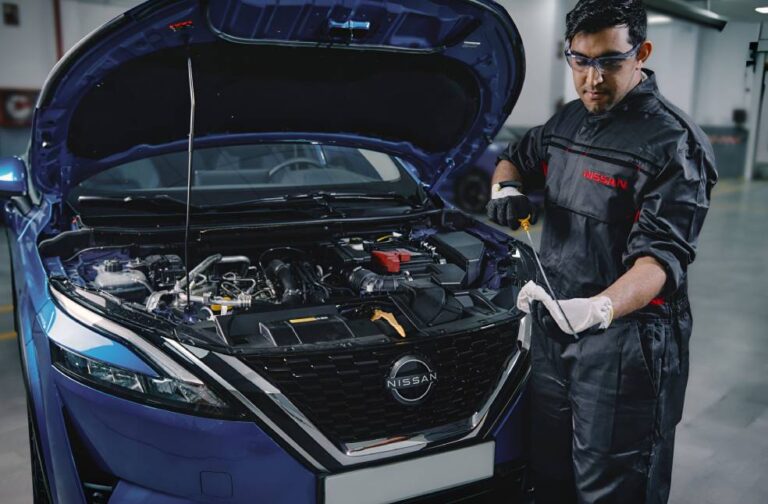Japan: Nissan has announced it will lay off 9,000 workers worldwide as it scales back production to address sales struggle in China and the US. The Japanese automaker, encountering intense competition in China and weakened demand in the US, will diminish its global output by 20% in an aggressive cost-cutting initiative aimed at sustaining profitability.
This strategic change follows a downward revision in Nissan’s operating profit forecast for 2024, with expectations now declining by 70%. This is the second time this year that the company has revised its financial outlook, raising worries over Nissan’s ongoing struggles in two of its key markets.
Nissan Chief Executive Makoto Uchida stated that, “Nissan will restructure its business to become leaner and more resilient,” adding that the measures are planned to position the company more competitively, rather than signal compaction. Uchida’s own salary will be halved, while other senior managers are set to take pay cuts as well, underscoring the harshness of the situation. The move to tighten executive pay came as Nissan’s shares fell over 6% in Tokyo.

In China, the world’s largest electric vehicle (EV) market, foreign automakers are under pressure as local brands like BYD capture rising market share with lower prices and quicker innovation cycles. Mark Rainford, a China-based industry analyst commented that, “Nissan, like many Japanese carmakers, has stood very slow to the electrified vehicle party in China.”
Meanwhile, in the US, new car sales have been beaten by high inflation and rising interest rates, further challenging Nissan’s profitability as prices drop to encourage demand.
Despite these setbacks, Nissan is committed to its electric vehicle strategy in the UK. Last November, the automaker and its partners pledged $2.6 billion (£2 billion) to fabricate three new electric models at its Sunderland plant, including the electric Qashqai, Juke, and the next generation of the Leaf. This investment mirrors Nissan’s long-term vision to expand in the EV market, even as it navigates current financial pressures.



